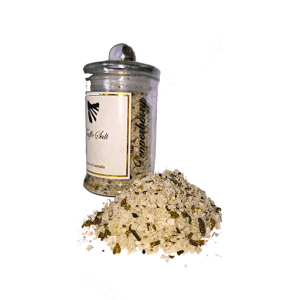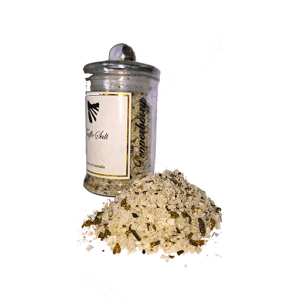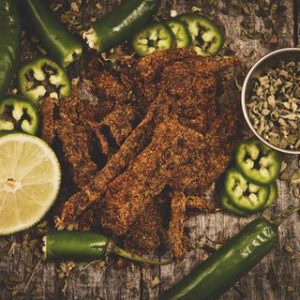The culinary world is rich with diversity, and two dietary systems that have captivated the taste buds of many are traditional Kosher vs. Halal foods. Rooted in religious traditions—Judaism and Islam, respectively—these dietary laws shape the way adherents approach food consumption. While there are similarities, such as the avoidance of certain prohibited animals, the differences are nuanced and reflect the unique cultural and religious practices of each community.
Kosher vs. Halal – Slaughter Methods
One of the most distinct differences lies in the method of animal slaughter. Kosher foods adhere to shechita, a ritualistic slaughter performed by a trained individual known as a shochet. In contrast, halal foods require zabiha, a specific Islamic method performed by a Muslim slaughterer. Both methods emphasize humane treatment of animals and the draining of blood, a practice deeply embedded in their respective religious texts.
Forbidden Animals
Both kosher and halal dietary laws prohibit the consumption of pork. However, the lists of forbidden animals extend beyond this commonality. Kosher dietary laws also restrict the consumption of certain seafood, such as shellfish, while halal forbids the consumption of animals not slaughtered according to Islamic principles. The focus on humane treatment and blood drainage sets halal apart in its approach to permissible meats.
Meat & Dairy Separation
Another notable difference lies in the separation of meat and dairy products. Kosher dietary laws strictly mandate the separation of these categories, including the use of separate utensils, cookware, and serving dishes. In halal dietary practices, there is an encouragement for separation, but the level of strictness is not as pronounced as in kosher.
Certification Symbols
Both kosher and halal foods often bear certification symbols, known as hechsher in kosher and halal certification in Islamic dietary practices. These symbols signify compliance with specific religious dietary standards. However, the symbols themselves and the organizations behind them differ, reflecting the distinct requirements of each system.
Kosher Foods Muslims Cannot Eat
While many kosher foods align with halal principles, Muslims should be aware of specific considerations. Some kosher products may involve wine, certain additives, or non-halal processing methods, making it essential for Muslims to scrutinize ingredient lists and certifications. For example, the consumption of grape-based wine or grape-derived products in kosher foods may pose challenges for some Muslims who adhere strictly to halal dietary laws.
Kosher and halal are two distinct dietary systems with specific rules governing food consumption, preparation, and sourcing. While there are some similarities, key differences exist:
Kosher and halal are two distinct dietary systems with specific rules governing food consumption, preparation, and sourcing. While there are some similarities, key differences exist:
- Slaughter Method:
- Kosher: Requires shechita, a ritual slaughter method performed by a trained individual (shochet).
- Halal: Mandates zabiha, a specific method of Islamic ritual slaughter performed by a Muslim slaughterer.
- Forbidden Animals:
- Kosher: Prohibits certain animals, including pork and shellfish, and requires the removal of blood from meat.
- Halal: Prohibits pork and animals not slaughtered according to Islamic principles, with a focus on humane treatment and blood drainage.
- Meat and Dairy Separation:
- Kosher: Requires the strict separation of meat and dairy products, including separate utensils, cookware, and serving dishes.
- Halal: Encourages separation but does not strictly mandate the same level of segregation as kosher.
- Certification Symbols:
- Kosher: Indicates compliance with kosher standards through certification symbols (hechsher) from various certifying authorities.
- Halal: Often involves certification from halal certifying bodies or organizations, with specific symbols indicating adherence to Islamic dietary laws.
- Additives and Ingredients:
- Kosher: Involves specific rules about certain additives, flavorings, and processing methods, with some variations among different kosher certifying bodies.
- Halal: Focuses on the prohibition of certain additives, alcohol-based flavorings, and ingredients not meeting halal standards.
- Religious Observance:
- Kosher: Rooted in Jewish dietary laws outlined in the Torah and Talmud.
- Halal: Rooted in Islamic dietary laws as outlined in the Quran and Hadith.
While both Kosher vs. Halal share a commitment to specific dietary principles, these differences highlight the unique requirements and practices associated with each system.



